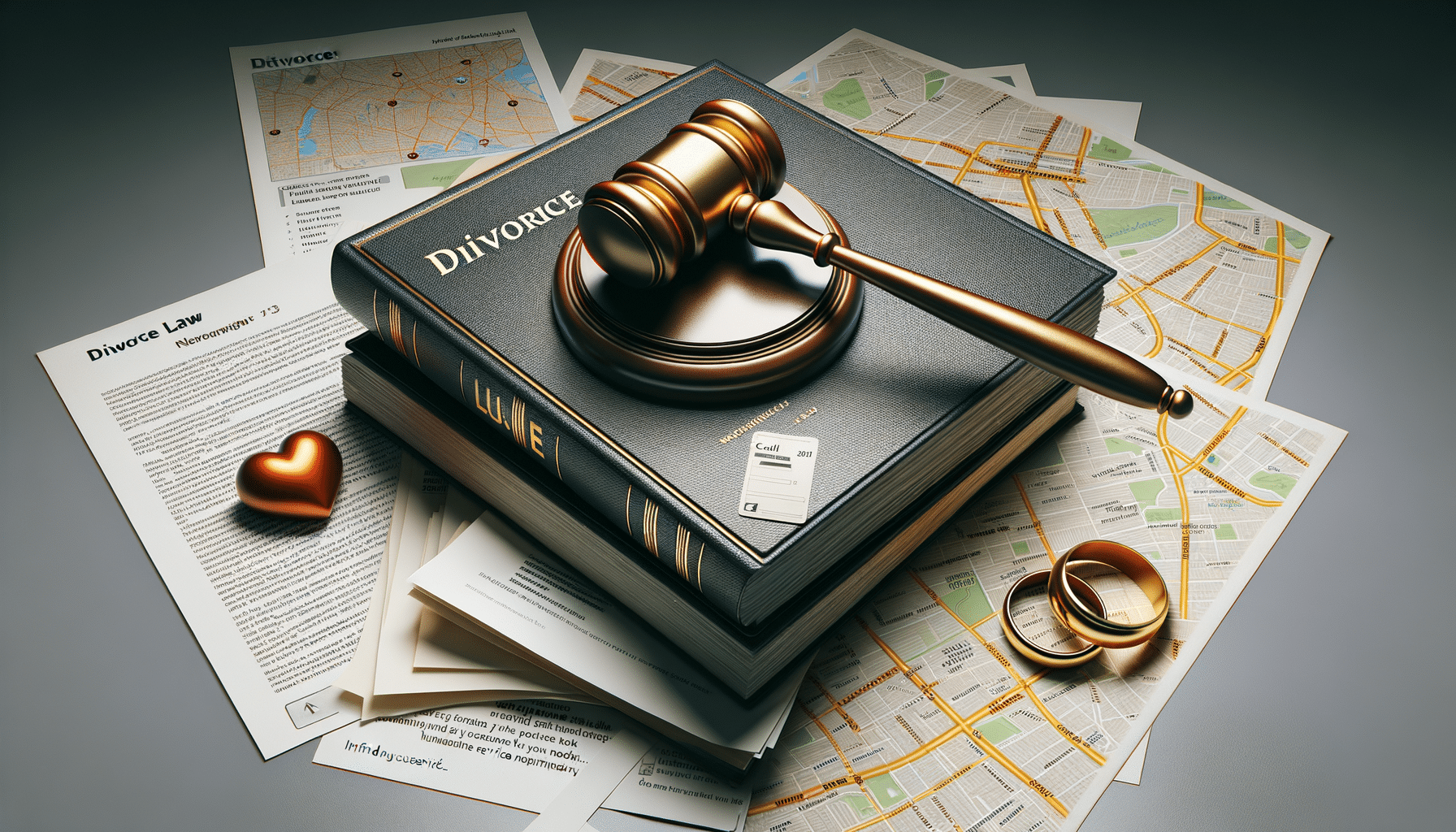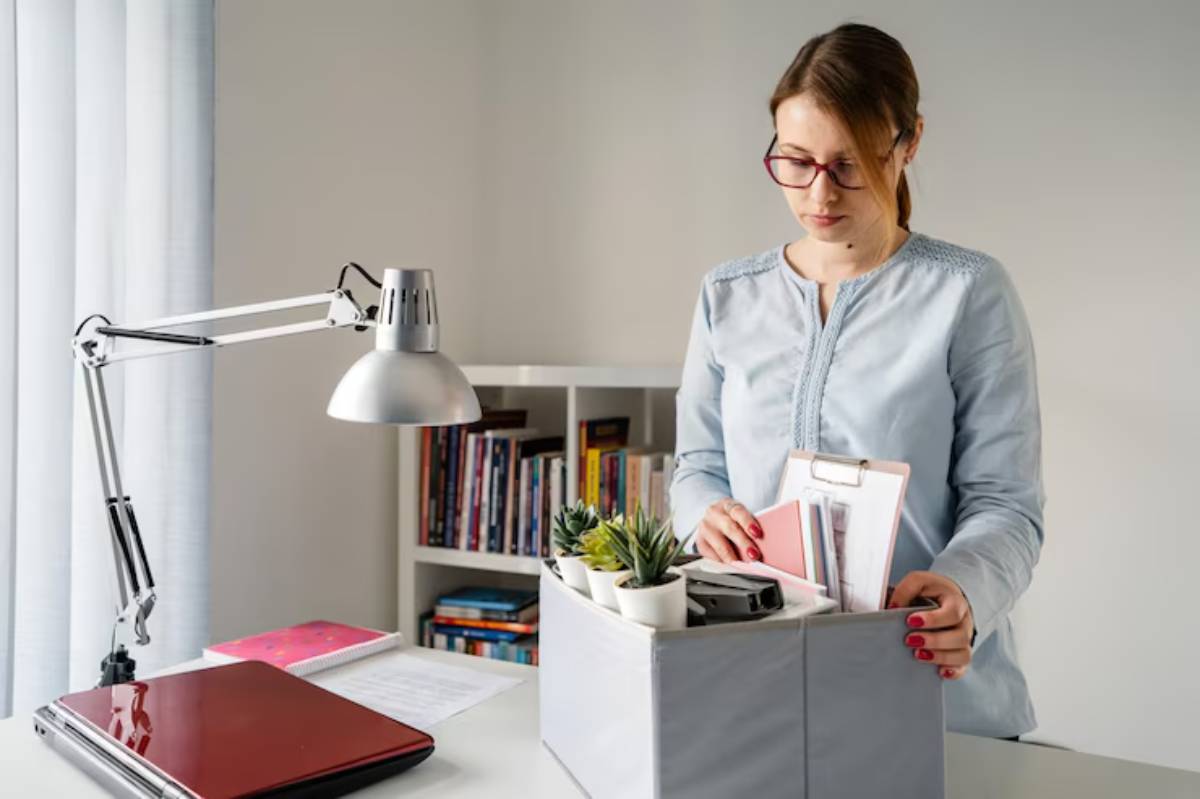
Decluttering Your Study Space to Improve Focus
The state of your study environment has a direct impact on how well you concentrate, how efficiently you learn, and how productive you feel. A messy desk with papers, tangled cords, random stationery, or an old coffee mug makes it hard to focus. Your brain works overtime to block out these distractions.
Decluttering your study space isn’t just about neatness—it’s a focus strategy. A clean, organised space tells your brain it’s time to learn. This can help you feel less tired and focus on tasks for longer. In this blog, we’ll look at why a tidy desk matters. We’ll discuss how it boosts productivity and how to make your space work for your academic success.
Why It Matters
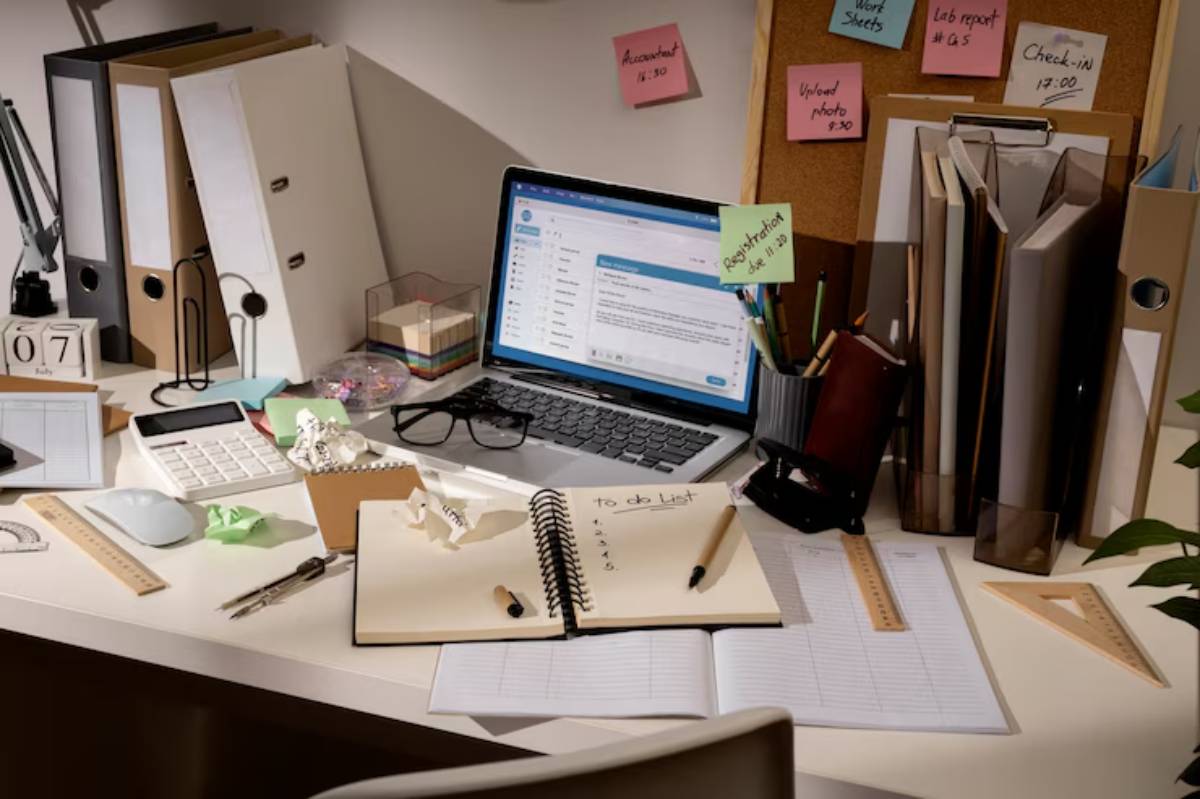
The Hidden Cost of Clutter
A messy workspace creates what psychologists call “visual noise.” This visual clutter competes for your attention and drains your mental energy, whether you’re aware of it or not.
Studying in a cluttered space can be tough. Your brain keeps switching between focusing and ignoring distractions. Cognitive overload makes it harder to take in information. It also raises the chance of procrastination.
The Role of Environment in Focus
Environmental cues subtly shape behaviour. A clean desk with a few intentional items—a notebook, a laptop, and a study lamp—triggers the mindset of learning. A disorganised space has the opposite effect. It shows scattered thinking, low motivation, and divided attention.
This is why study space declutter habits are at the core of many successful learning routines.
Key Benefits
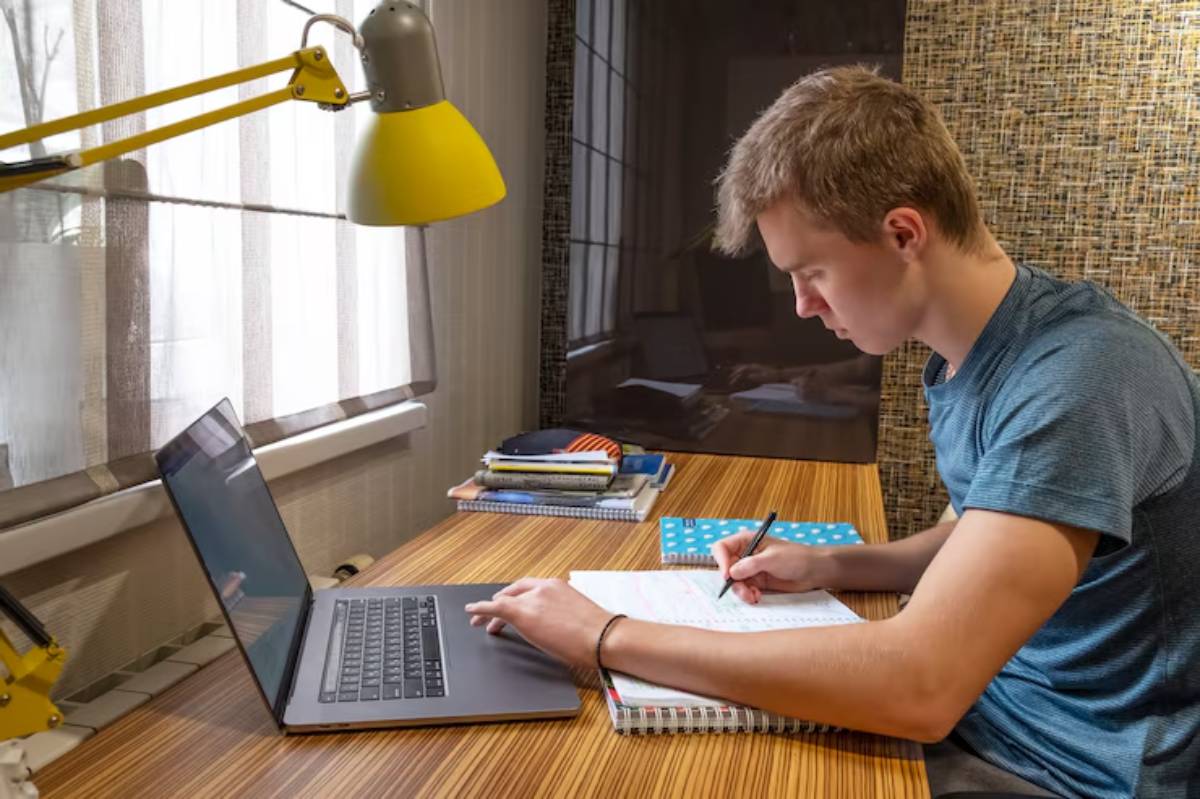
1. Enhances Concentration
A tidy study area removes unnecessary stimuli and gives your brain fewer reasons to shift attention. This makes it easier to stay focused for longer periods, especially during deep work sessions or while preparing for exams.
2. Boosts Productivity
When everything has a place, you spend less time searching for things and more time doing what matters. Clean desks lead to faster task-switching, fewer interruptions, and better study sessions.
3. Reduces Stress and Overwhelm
Visual clutter can create a sense of chaos, which contributes to low-grade stress. A clear desk provides a sense of calm and control, lowering mental resistance to starting difficult tasks.
4. Encourages Better Habits
Decluttering creates a domino effect. Once your study space is clean, you’re more likely to keep digital files organised, manage your schedule better, and stick to study routines. It becomes part of a more intentional and structured learning lifestyle.
5. Improves Memory Retention
Studies suggest that an organised learning environment may help with memory recall. A calm, distraction-free environment helps your brain to store and recall information better.
Additional Expert Tips & Common Mistakes to Avoid
Tips for Decluttering Effectively
Use the “One-Touch Rule”: When you pick something up, deal with it right away. Don’t shuffle papers or pile them elsewhere—either file it, trash it, or store it in its designated place.
Declutter by Zones: Divide your study area into zones: working, storage, and supplies. This helps keep only what you need in front of you, while other tools and materials stay neatly organised nearby.
Use multi-functional storage: Try drawers, wall organisers, or desktop trays to keep supplies neat. Clear containers or labelled baskets can help reduce visual bulk and save space.
Stick to the Essentials: Keep your daily study tools within arm’s reach—your laptop, notepad, pens, maybe a water bottle. Anything else (like old flashcards or extra chargers) should be stored when not in use.
Common Mistakes to Avoid
- Overdecorating: A few motivational quotes or a plant is fine, but too many decorative items can become distractions.
- Letting Paper Pile Up: Go digital whenever possible. Scan notes or documents and organise them in cloud storage to reduce paper clutter.
- Using the Desk as Storage: Avoid the temptation to stack books, snacks, or random objects on your desk. If it’s not part of your current task, it doesn’t belong there.
- Neglecting Cables: Tangled cords and messy wires are both distracting and unnecessary. Use cable organisers or clips to keep them out of sight.
Advanced Insights and Expert Recommendations
The Psychology Behind a Minimal Study Space
Minimalist environments help with cognitive clarity. Research in environmental psychology finds that having fewer decisions to make about your environment boosts your brain’s learning. This is why clean desk productivity isn’t a myth—it’s rooted in how our brains process information.
Digital Decluttering Matters Too
A cluttered desktop or file system on your computer can be just as distracting as physical clutter. Keep your desktop clean, organise folders by subject, and clear out unnecessary files weekly.
Consider using tools like:
- Notion or OneNote for organising notes
- Google Drive for paperless storage
- Cold Turkey or Freedom to block distractions during study time
Customise Your Environment to Support Flow
Flow is that deeply focused state where you lose track of time because you’re so immersed in your work. To enter this state more easily, make sure your space is:
- Quiet and free of interruptions
- Comfortable (good chair, proper lighting)
- Personalised just enough to make you feel at ease, but not overwhelmed
Create a Reset Routine
Build a 5-minute daily ritual where you reset your study space after each session. Toss trash, return items to their place, and wipe down your desk. This mini habit makes the next session smoother and signals closure to your brain.
Clarity Starts with Your Environment
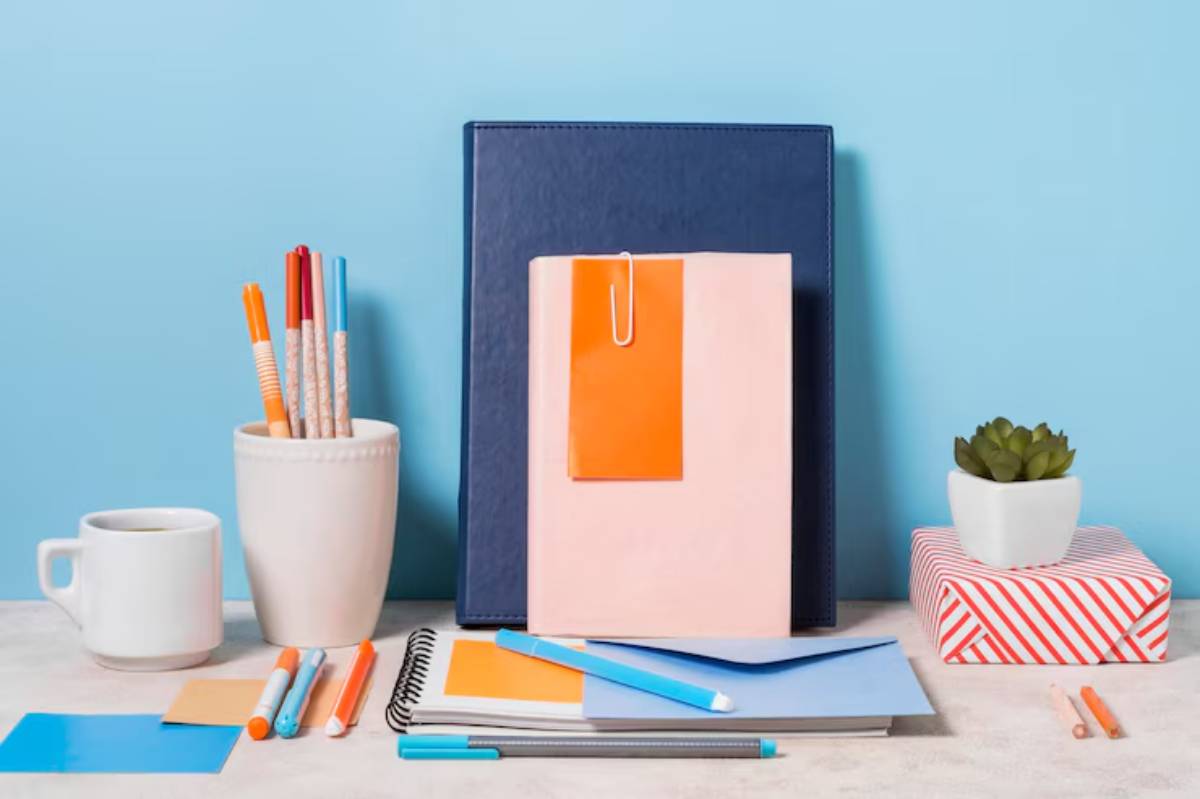
If you’re struggling to focus or feel overwhelmed while studying, your space may be working against you. Decluttering your study space is a simple but powerful way to improve how you think, feel, and learn.
Start small—clear your desk, organize your tools, and commit to maintaining order. You’ll not only reclaim your physical space, but also your mental clarity. You could also try adding background music that will increase your productivity.
Remember, productivity doesn’t require more effort—it often just needs less clutter. Create a clean, intentional study environment, and you’ll likely find that focus and motivation come much more naturally.
